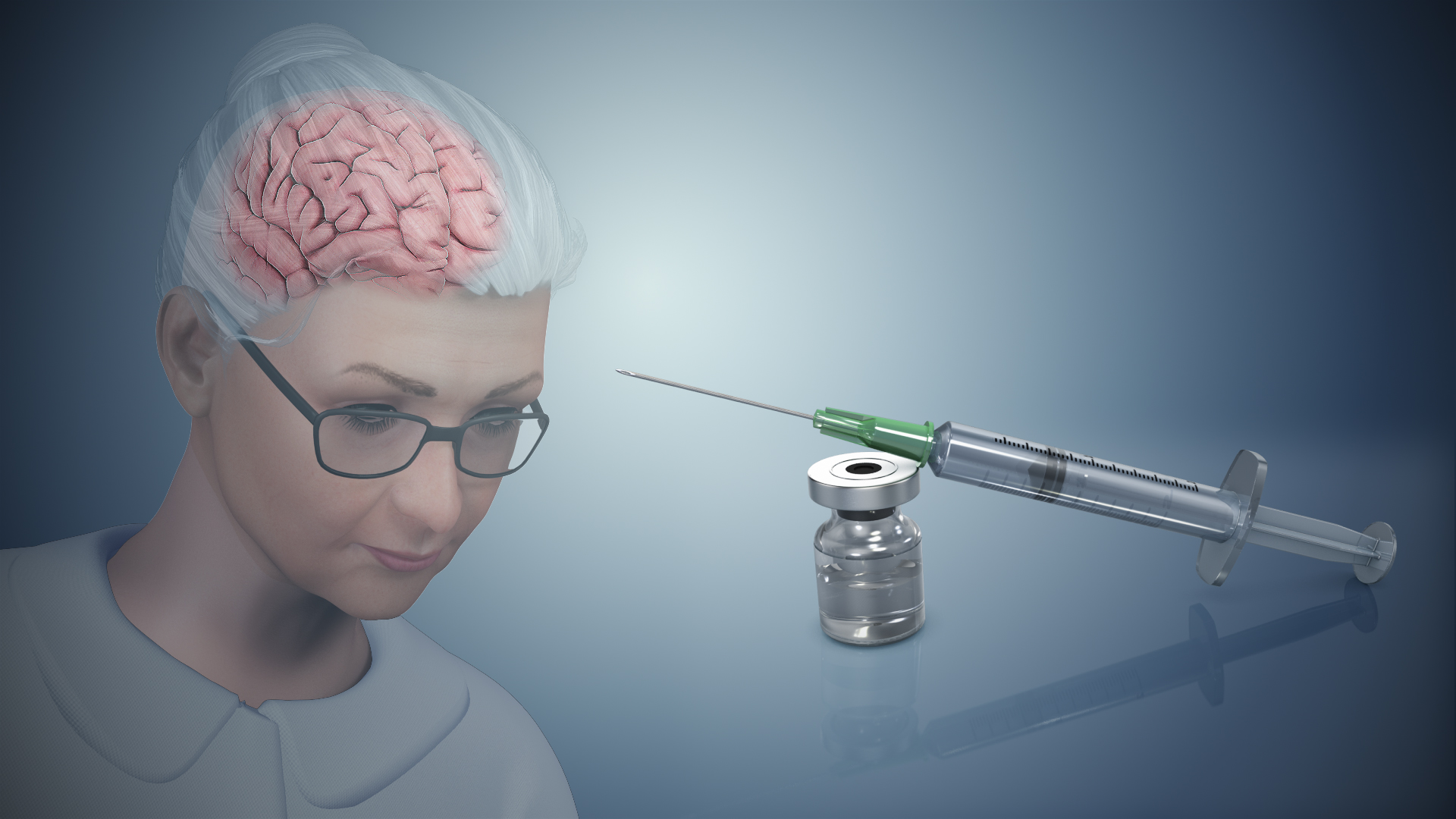"Don’t have a general anesthetic once you’re 50 – it’ll wipe out a quarter of your brain."
— Barbara Cartland, novelist (died at the age of 98)
Recent studies have found that general anesthesia when used on the elderly, can increase the risk of dementia and the development of neurodegenerative disorders like Parkinson's or Alzheimer's disease.
Aging is a process of progressive physiological decline and can be summarized in 4 points:
- Decreased end-organ reserve
- Decreased functional capacity
- Increasing imbalance of homeostatic mechanisms
- Increasing incidence of pathologic processes
Quite naturally then, the older you are, the more likely you are to have a surgery. So it’s no surprise that more than one-tenth of the patients who undergo some form of surgery are above 60 years of age.
What’s bothering is this stat:
“As many as 40 percent of elderly patients (over 65) experience a decline in mental function immediately after surgery.”

Surgery and General Anesthesia
A cocktail of drugs called ‘General Anesthesia’ (GA) is administered to the patients that render them unconscious, prevents them from moving and blocks any memories of the surgery. The state of anesthesia is more of a carefully controlled coma. Elderly patients achieve this state with as little as half the dose of anesthesia that is required for a younger adult, owing to their age-related declines in cardiovascular, respiratory, liver and kidney function, but primarily in the brain and central nervous system. After GA, short term impairment of cognitive and psychomotor performance is common and expected.
Although anesthetic drugs have been around since 1846, doubts about their mechanism of action remain. Evidences from research suggest that the drugs are only partly effective because they bind to and incapacitate the proteins on the neuron surface that are essential for regulating sleep, attention, learning, and memory. It also seems that interrupting the usual activity of neurons may disrupt communication between far-flung regions of the brain, triggering unconsciousness.
In older people, there are three particular anesthesia-related surgery risks:
- Postoperative delirium (POD): This is a common, temporary condition that may develop a few days after surgery. The patient becomes confused, disoriented, has trouble in concentrating and remembering things, and remains more or less unaware of his surroundings.
- Dementia: A series of chronic organic brain syndromes associated with irreversible pathology is dementia, and it is often confused with delirium. In its most easily recognized form, dementia presents as a deterioration of cognitive ability, however, it is not accompanied by clouding of consciousness.
- Postoperative cognitive dysfunction (POCD): This is a serious condition that may lead to long-term memory loss and reduced ability to learn, focus and think. Since these problems are already common amongst the elderly, it is important to conduct a mental test before surgery to determine the occurrence of POCD later.
A cohort of more than 1200 patients of more than 60 years of age, found an incidence of POCD of approximately 25% in the first week and 10% after 3 months of surgery. Further, follow up of the affected patients showed that the incidence of cognitive problems eventually fell towards that in matched controls but around 1% had unresolved POCD up to 2 years post operation. The older patients within the study showed a higher incidence (1/3rd in a relatively small group of 80+), making it clear that increasing age is in itself a risk factor for developing POCD.
POCD promotes neuroinflammatory reactions within the brain that may cause degeneration of cells. Once the neurons are made vulnerable by the deterioration, many diseases associated with the cognitive decline may arise.
It appears that a subset of the elderly population stands at the top of a ‘slippery slope’, vulnerable to prolonged or permanent cognitive decline after surgery. It is not currently possible to identify which patients are at particular risk, or which elements of the process of hospitalization, anesthesia, surgery, and postoperative care may be precipitating the deterioration.
Regional anesthesia reduces the risk of cognitive impairment in the immediate postoperative period but appears to have no effect on the incidence of prolonged POCD.
Caretakers of elderly must discuss the potential risks with doctors before a medical procedure involving anesthesia is performed. In some cases, the risks may outweigh the benefit of some surgeries, while in other cases the operation may be necessary enough to take the chance of POCD. Either way, the family members will be prepared for that potential outcome as they would already expect it.
References:
- Should general anaesthesia be avoided in the elderly?
- Seniors and Anesthesia
- Anesthesia for the elderly
- Anaesthesia and cognitive disturbance in the elderly

What happens in OCD: The Molecular Picture
As the name goes, Obsessive Compulsive Disorder is most commonly characterised by “obsessions” or recurring uncontrollable, intrusive thoughts and “compulsions” or behaviors that a person feels the urge to repeat over and over..Read More..

Don’t ignore the leaflet that accompanies your Painkillers
Many people take anti-inflammatory medications for almost all types of painful conditions as they are highly effective, low cost therapy. In most cases, a short course taken appropriately causes very minor to no side-effects, and the benefit usually far outweighs the potential risks. Read More..








